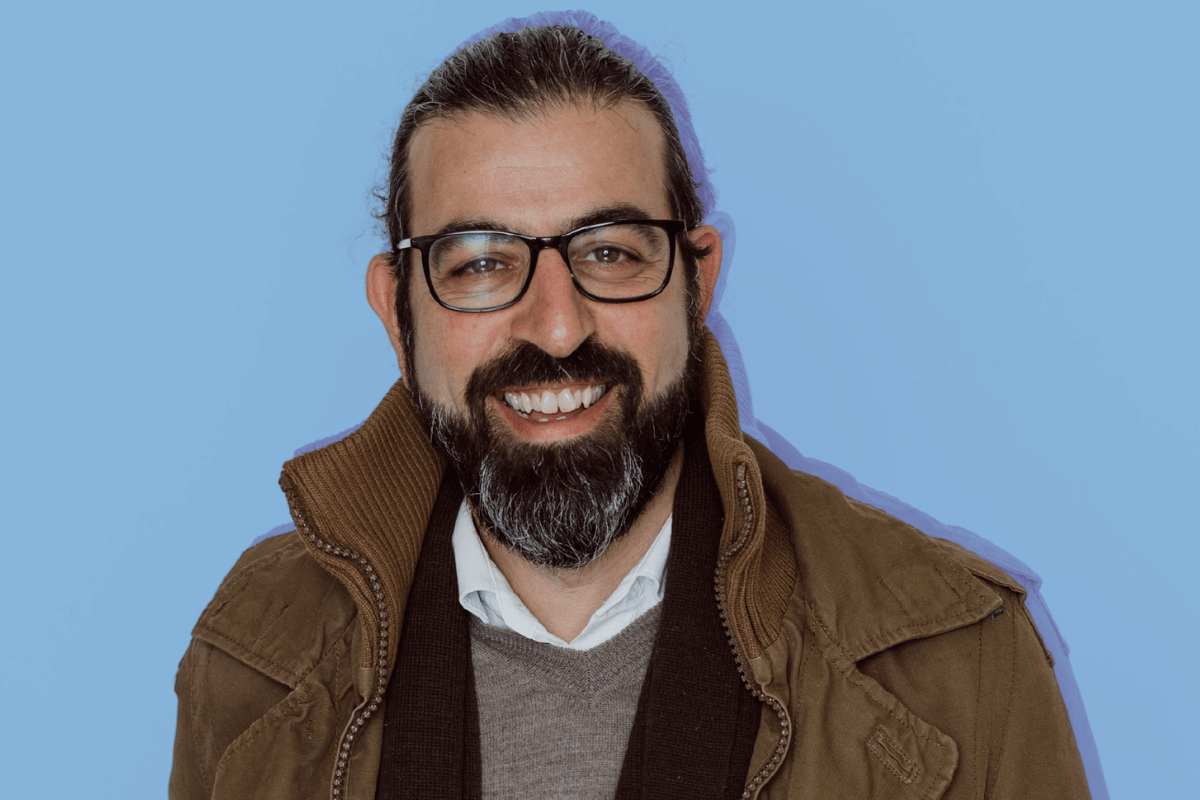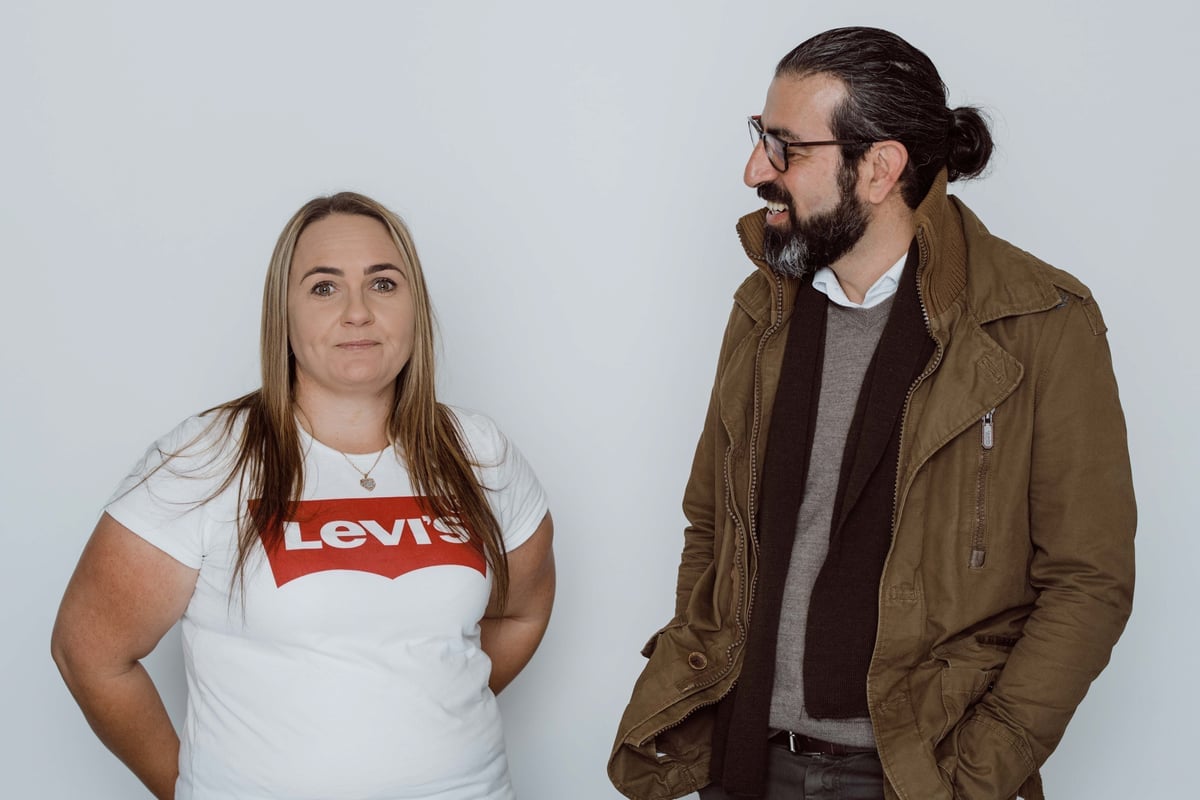
This story mentions violence against children and may be triggering for some readers.
Reza says his job isn't one you can "love".
"It's very difficult... it's bad for most of the time," he told Mamamia.
The 49-year-old has been working as a child protection caseworker for the NSW Department of Communities and Justice for over two years now, and while it's a very rewarding job, it can be just as confronting.
"You're seeing children that are suffering at times, you're seeing families with lots of disadvantages and lots of complexities, and this sense of unfairness runs through [the job] most of the time," he says.
"We can facilitate and help create change, but we still can't unsee what we see."
Reza will typically work with seven to 10 case at one time, making choices around the safety of children and the department's interventions with families.
It's a responsibility he doesn't take lightly.
"Everything we do is serious. Every decision we make is serious... Your decisions impact families and children, and your decisions can create or ruin lives."
For Reza, a typical workday involves heading to the office before travelling to visit around two families.
"As soon as I get into work, I usually have my day planned out before it actually starts. So we will probably go and see maybe two families a day depending on what's going on."


Top Comments